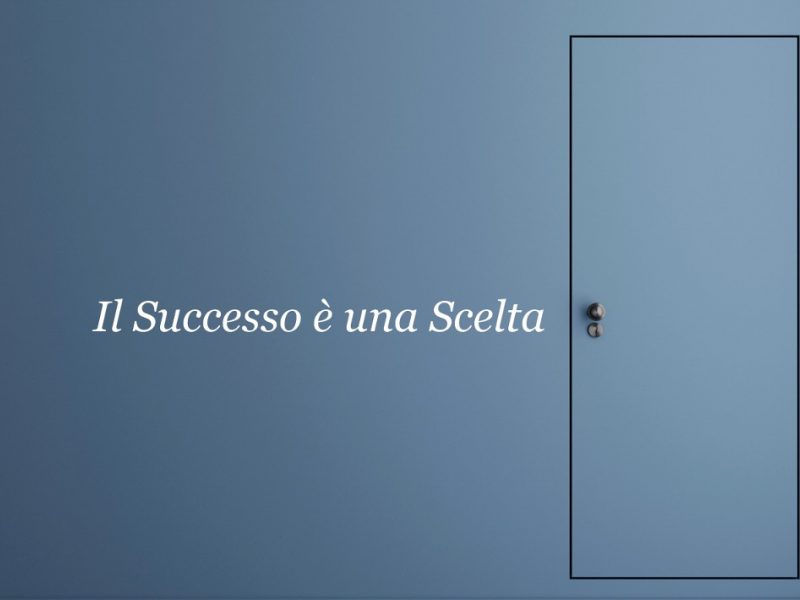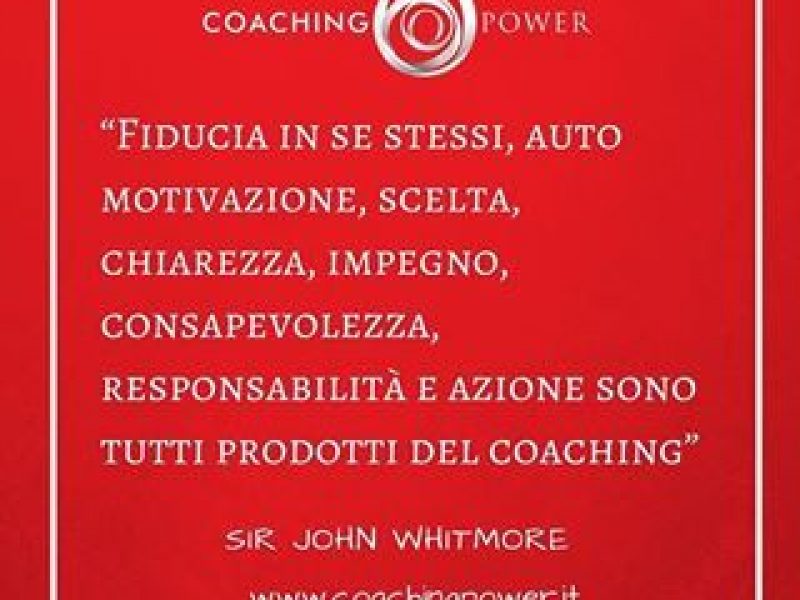Coaching for individual wellbeing
 The principles underlying coaching
The principles underlying coaching Various types of coaching
Coaching is a method for dealing with matters you might be interested in, by yourselves (self-coaching) or with a professional (the coach), that is starting to become more common in Italy.
In reality we could even say that it is becoming too popular since the word coach or coaching is associated with a myriad of other words like life, business, executive, career, entrepreneurship, but also travel, diet, sport, wellness, financial.
I have been involved in the practice of coaching applied to the business world (business coaching) and in particular to working people (career coach) for a long time (almost 15 years…) and I have an international certification that I need to renew periodically, so I am a little suspicious about this proliferation of self-proclaimed “coaches”.
Wellness coaching
That being said, I recognise that my own job also involves deal with wellbeing: after all, what could be better for an individual’s personal balance than having a satisfactory job or better yet the job of their dreams!?
So I was very interested to read a document that was given to me by a person I met a few years ago, entitled “The three steps for not losing energy in the workplace and in your life”, that I have attached and recommend you read.
The three steps for not losing energy in the workplace and in your life (436 kb.)
These three steps are:
- Here and now
- Awareness
- Responsibility.
Here and now
This is a fundamental principle of coaching applied to change.
People familiar with coaching will be familiar with “The Present”, the book by the author of “Who moved my cheese? - Changing oneself in a changing world in companies, in the home, in everyday life. Spencer Johnson.
What surprised me most about Western man is that he sacrifices his health to make money and then sacrifices his money to recuperate his health. He thinks a great deal about the future and forgets to live the present and in this way fails to live both his present and future. He lives as if he will never die and dies as if he has never lived.
– Dalai Lama
Awareness and responsibility
Another two fundamental principles of coaching applied to change.
Again, people familiar with coaching will think of the forefather– or one of the forefathers – of coaching: John Whitmore and his "Coaching – for companies the people they want: growth and Learning means improving performance and finding a purpose and meaning ".
 Whitmore: one of the teachers of coaching
Whitmore: one of the teachers of coaching And what if we used the summer holidays to read one of these texts, to get more information and identify the sources rather than restricting ourselves to the often sketchy rehashing of these ideas by the many makeshift coaches we might come across?!
